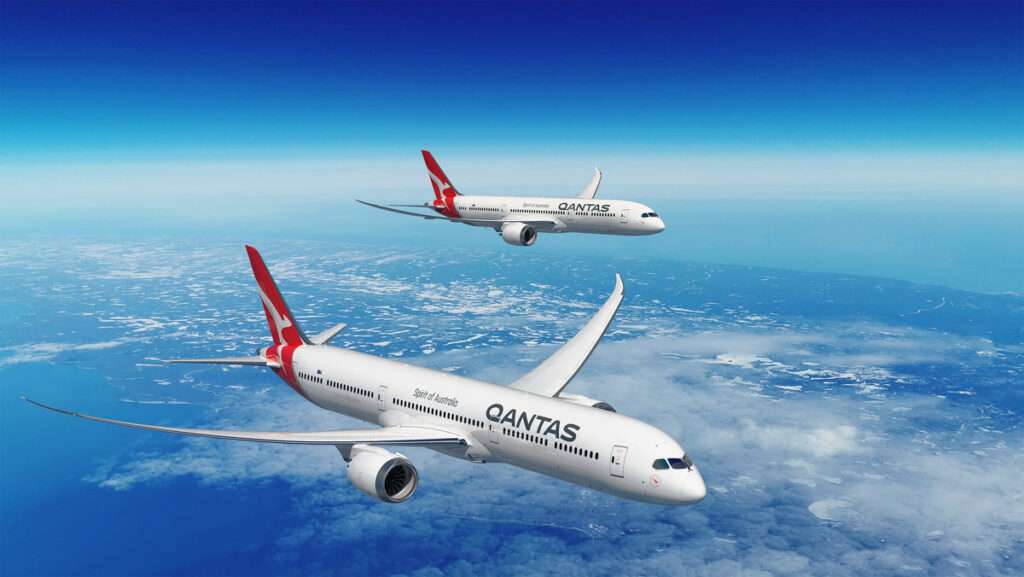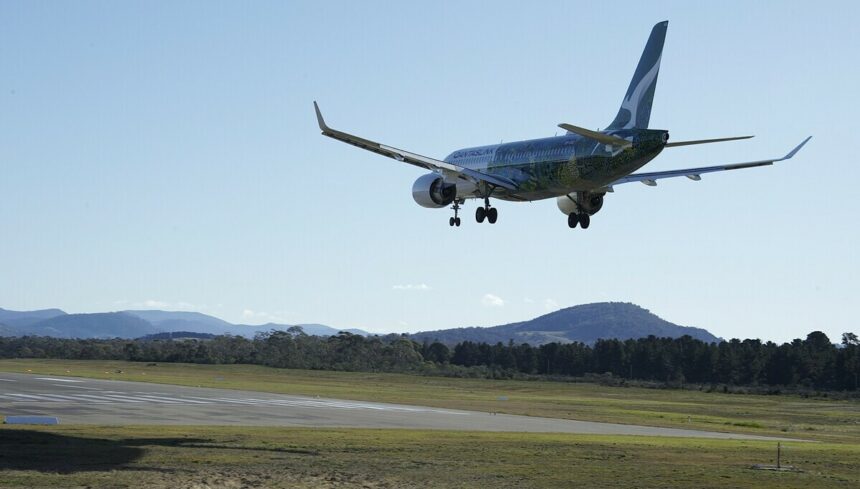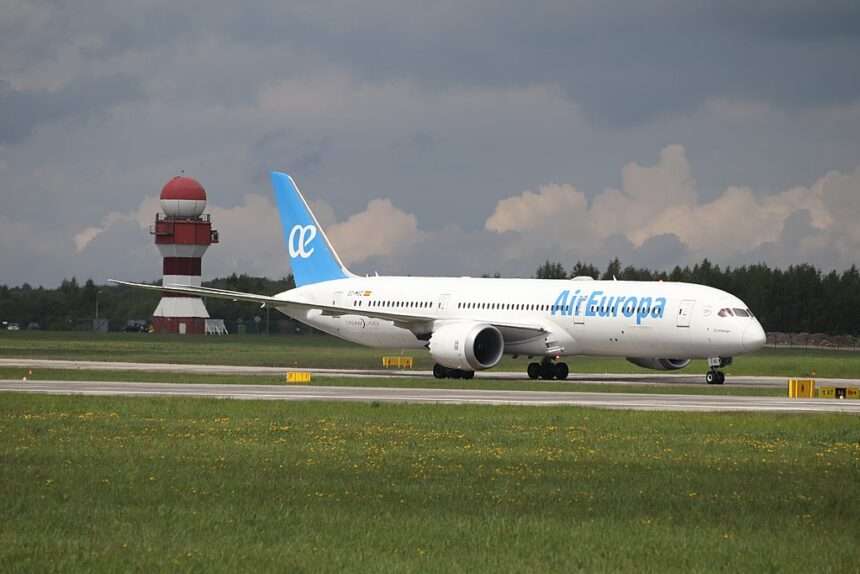The Qantas Group has unveiled the final phase of its jet fleet renewal program. With a firm order placed for 24 aircraft, the airline is set to gradually replace its existing A330s.
This multi-billion dollar investment is a strategic blend of 12 Airbus A350s and 12 Boeing 787s, slated to join the fleet between FY27 and the subsequent decade.
The Group’s foresight is evident in the inclusion of additional purchase options from both manufacturers, fostering flexibility for future expansion.
Order Details
In summary, the Qantas Group order schedule is as follows:
- Firm order for four Boeing 787-9 and eight 787-10 aircraft, with deliveries starting in FY27.
- Firm order for 12 Airbus A350-1000s, with deliveries starting in FY28.
- Purchase right options split between Airbus and Boeing to complete A330 and A380 fleet replacement and provide for growth.
- Both orders include significant flexibility to adjust the timing of deliveries.

[monsterinsights_popular_posts_inline]
This endeavor is poised not only to revolutionize the fleet but also to retire its 10 A380s by integrating A350s around FY32.
Qantas’ A330 aircraft have predominantly served international routes to Asia and the United States, in addition to some domestic flights. The forthcoming arrival of the 787 and A350 aircraft brings a novel dimension to the airline’s operations.
These advanced models possess extended operational ranges, enabling them to effectively cover all the routes in Qantas’ current international network, and even paving the way for the exploration of uncharted territories.

Aging Fleet Rejuvenation
With the replacement program slated to commence in FY27, the average age of Qantas’ A330 fleet will stand at 21 years.
This aligns with the Group’s customary replacement strategy. As part of this strategy, aircraft nearing the end of their service tenure will undergo a comprehensive cabin refurbishment starting from FY25.
Notably, this refurbishment will encompass the introduction of next-generation seats in the Economy cabin, enhancing passenger comfort and experience.
Paying Homage to History
The renewal initiative has been christened ‘Project Fysh’ in honor of Sir Hudson Fysh, a visionary who played a pivotal role in co-founding Qantas and serving as its Managing Director during its inaugural international flights in 1935.
This tribute encapsulates the company’s rich legacy while embarking on a new era of aviation excellence.
Sustainable Aviation Fuel Agreement
Significantly, Qantas has entered into a groundbreaking agreement with both Airbus and Boeing, securing access to a substantial volume of Sustainable Aviation Fuel (SAF).
Expected to flow from 2028, this arrangement has the potential to fulfill up to 90 percent of the Group’s interim SAF target for 2030.
This visionary shift from traditional jet kerosene to SAF translates to a remarkable reduction of up to 80 percent in lifecycle carbon emissions. SAF serves as a linchpin in Qantas’ overarching strategy to curtail its carbon footprint.
Qantas’ access to this sustainable fuel will be fortified through collaborative ventures with Boeing and Airbus on various SAF projects.
The partnership’s reach extends to the United States, where supportive government policies are anticipated to yield favorable pricing for the acquisition of SAF. This symbiotic relationship with industry leaders is a testament to Qantas’ commitment to sustainable aviation practices on a global scale.
Toward a Net-Zero Future
While these agreements reinforce the Group’s interim objectives, the establishment of an Australian SAF industry holds paramount importance in the pursuit of the broader industry goal to achieve net-zero emissions by 2050.
Qantas has demonstrated its dedication by initiating a $400 million climate fund aimed at invigorating similar projects within the country. This investment serves as a catalyst for the nascent domestic SAF sector in Australia.
CEO Comments
Alan Joyce, the CEO of Qantas Group, emphasized the significance of this substantial investment in the airline.
He underscored that the decision aligns with the company’s long-term vision, bringing generational changes that will shape the airline’s trajectory for years to come.
Joyce highlighted the reliability and capabilities of the selected aircraft and their engines, as well as the substantial benefits they will bring in terms of new routes, enhanced travel experiences, and employment opportunities.
Vanessa Hudson, the CEO designate, shed light on the strategic underpinnings of the deal. She acknowledged that the negotiations were propelled by the momentum from previous campaigns, which in turn contributed to securing favorable pricing and delivery slots.
Hudson affirmed the financial prudence behind the investment, supported by a robust balance sheet and an unwavering confidence in the future.
Importantly, the phased approach to these orders ensures financial feasibility, aligning with the Group’s financial framework and commitment to shareholder returns.
Furthermore, Hudson celebrated the access to sustainable aviation fuel supplies from the United States as a pioneering achievement, setting Qantas among the vanguards of the airline industry’s drive toward sustainability.

Click the banner to subscribe to our weekly newsleter.









